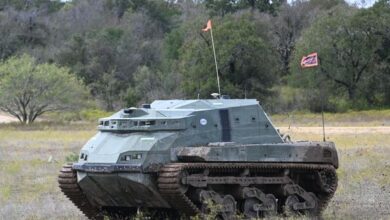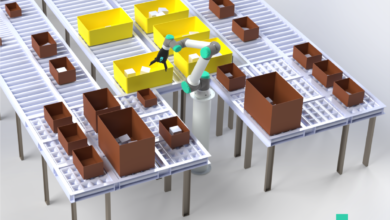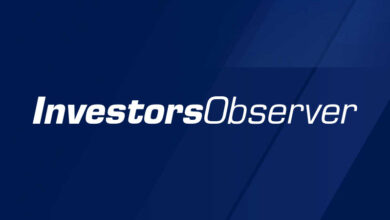Emirates tests autonomous robots that clean cabin seats
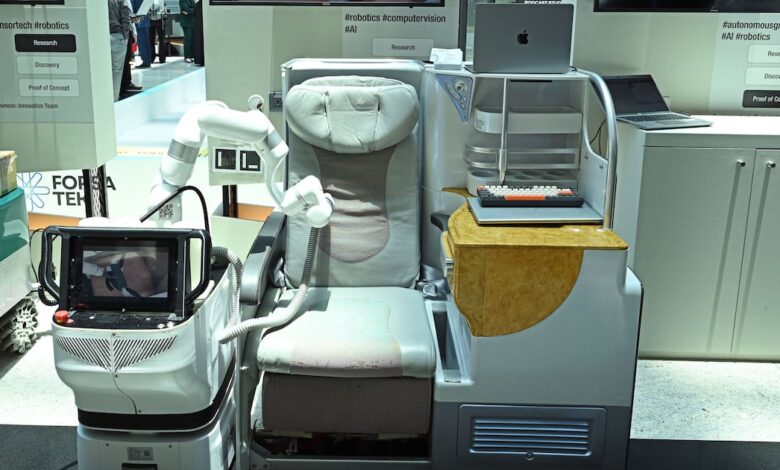
Emirates is testing a robot to potentially clean aircraft seats, a move that could allow workers to focus their attention and resources on other tasks.
The Dubai airline is working with Hivebotics, which manufactures autonomous bathroom cleaning robots, to develop aircraft-cleaning robots.
Hivebotics harnesses hardware and software intelligence, and specialises in automating high-risk and specialised tasks.
“Our initial product was actually an autonomous toilet-cleaning robot,” said Rishab Patwari, Hivebotics’ chief executive and co-founder. “The airline reached out to us and said ‘look, can you repurpose a toilet-cleaning robot for something we can use for our airline cleaning?’”
The company’s robot was displayed on the sidelines of ForsaTEK, Emirates Group’s annual showcase of technology shaping aviation’s future.
Mr Rishab said the robot was currently being tested as a prototype, and said that it would make cleaners’ jobs more efficient, rather than obsolete.
“We want humans to focus on the most significant tasks and robots to handle the most repetitive tasks,” he said.
“So, the robot should do 80 per cent of the baseline cleaning, but humans inspect.”
Hivebotic’s chief executive said that developing an aircraft cleaning robot was easier and less challenging than creating an autonomous toilet-cleaning machine.
“If we had known about it earlier, we would have done this one first,” he said.
Among the many different types of technology featured at the event was virtual reality training for cabin crew and aviation engineers.
Two VR companies, JigSpace and Senseglove, presented their solutions to the airline.
JigSpace uses Apple Vision Pro to create immersive, hands-on 3D presentations.
The company allows aviation engineering students at Emirates Aviation University to explore and manipulate detailed models such as an aircraft’s jet engine.
Using this solution, students and employees can immerse themselves in training and experience the engine from all sides.
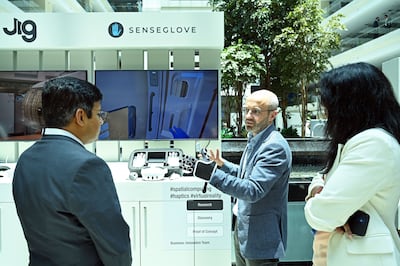
Also at ForsaTEK was Senseglove, a company that makes haptic gloves enabling VR training and muscle memory development.
Emirates is considering using the company’s Nova 2 haptic gloves to potentially assist with cabin crew training, such as showing best practice in how to open and close cabin doors.
The gloves provide tactile, force and contact feedback.
“If you want to train people to open a cabin door, you need a plane. However, you may have limited training capacity,” said Frank Goovaerts, chief executive of SenseGlove.
“People can learn 80 per cent digitally using this headset and the rest physically, reducing costs.”
The ForsaTEK aviation technology event made its debut in 2023. ForsaTEK is a combination of “forsa”, which means “your opportunities” in Arabic and is a play on the word “technology”, and Emirates’ airline code EK.
Updated: June 07, 2024, 12:05 PM
